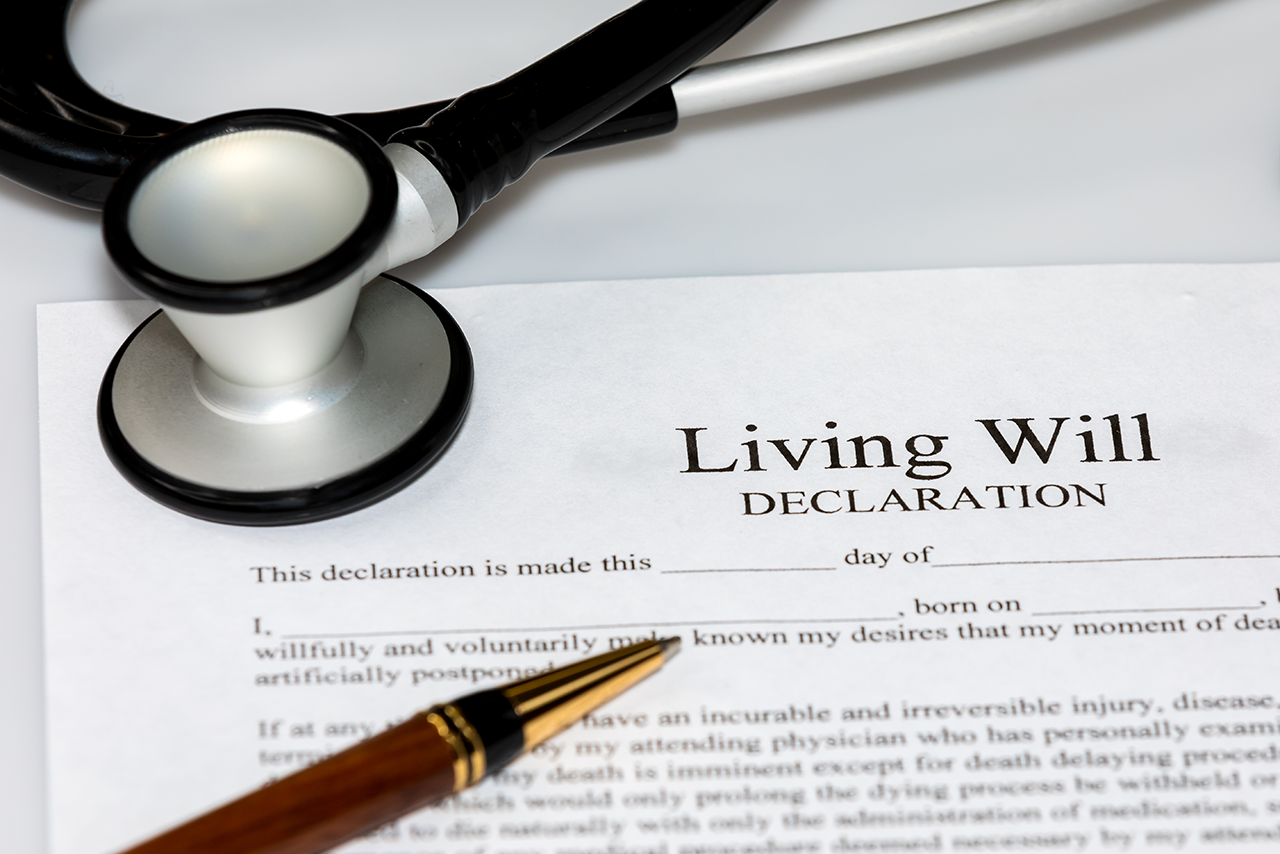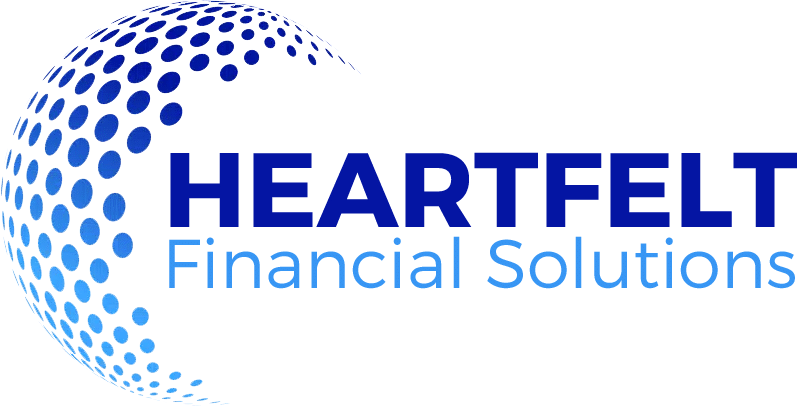Protecting Your Wishes, Your Family, and Your Legacy
Estate planning is more than paperwork — it’s peace of mind. It’s about creating a clear roadmap for how your financial and personal matters will be handled, both during your lifetime and after. By putting the right documents in place, you can make sure your wishes are honored, your loved ones are cared for, and unnecessary stress is avoided in the future.
“Estate planning isn’t just about assets — it’s about making sure your voice is heard, even when you can’t speak for yourself.”
Robin Depies
Heartfelt Financial Solutions, LLC

Will
Living Will
Trusts
Financial POA
Healthcare POA
Beneficiaries

Last Will & Testament
A will is the foundation of most estate plans. It spells out how your property, money, and belongings should be distributed after your death. It also allows you to name guardians for minor children or dependents. Without a will, the state decides how your assets are divided, which may not reflect your wishes. A will gives you control, clarity, and peace of mind knowing your intentions will be followed. A will outlines who should inherit your assets and can designate guardians for dependents.
Key Points:
- Specifies who receives property, savings, and personal belongings
- Names guardians for children or dependents
- Prevents state laws from deciding how your estate is divided
- Provides clarity and reduces family disputes
Living Will
A living will is sometimes called an advance directive. This document outlines your preferences for medical care if you’re unable to communicate. It can include instructions about life support, resuscitation, or specific treatments. Having a living will removes the burden from loved ones of having to guess what you would want in a difficult moment. A living will communicates your healthcare wishes if you’re unable to speak for yourself.
Key Points:
- States preferences for life support, resuscitation, and medical treatments
- Reduces the burden on family members during difficult times
- Ensures care decisions reflect your values and beliefs
- Works alongside a healthcare power of attorney


Trusts
A trust is a legal arrangement that allows a trustee (a person or institution you choose) to manage your assets for the benefit of your chosen beneficiaries. Trusts can help your loved ones avoid probate, provide privacy, and may even reduce estate taxes. They can also be tailored to specific goals, such as providing for a child with special needs or managing charitable giving. Trusts allow assets to be managed by a trustee for beneficiaries, often avoiding probate.
Key Points:
- Can provide privacy by avoiding public probate court
- May reduce estate taxes depending on structure
- Useful for supporting special needs beneficiaries or charitable giving
- Offers flexibility in how and when beneficiaries receive assets
Let’s Visit
An estate plan is really a gift to your loved ones. It makes sure your wishes are carried out clearly, and it saves your family from confusion, stress, and unnecessary expense later.
Financial Power of Attorney
A financial power of attorney lets you designate a trusted person to manage your finances if you become unable to do so. This person can pay your bills, manage bank accounts, and handle property or investments. Without this document, your family may have to go through lengthy court processes just to help with routine financial matters. This document allows someone you trust to handle finances if you can’t.
Key Points:
- Authorizes bill payment, account management, and investment decisions
- Prevents costly court processes for financial guardianship
- Can be temporary, durable, or springing (effective only if triggered)
- Gives peace of mind that finances will be managed responsibly


Healthcare Power of Attorney
A healthcare power of attorney allows you to name someone you trust to make medical decisions for you if you cannot. This is different from a living will — while the living will provides written instructions, the healthcare power of attorney appoints someone to speak on your behalf when situations arise that aren’t covered in writing. Names someone to make medical decisions on your behalf.
Key Points:
- Designates a trusted advocate for your healthcare choices
- Works in situations not covered by a living will
- Provides clarity for doctors and family members in emergencies
- Ensures medical care aligns with your wishes
Beneficiary Designations
Some assets, like life insurance policies, retirement accounts, and payable-on-death accounts, don’t pass through your will at all. Instead, they go directly to the people you name as beneficiaries on the account paperwork. Keeping these designations updated is critical — otherwise, your assets may end up in the wrong hands or tied up in legal complications. Designations control who inherits certain accounts outside of your will.
Key Points:
- Apply to life insurance, retirement plans, and payable-on-death accounts
- Assets transfer directly, bypassing probate delays
- Must be reviewed regularly to reflect life changes (marriage, divorce, children)
- Outdated designations can override your will

Your Questions, Answered with Clarity
Do I really need an estate plan if I already have a will?
A will is a great start, but an estate plan goes further. It can include tools like trusts, powers of attorney, and healthcare directives to cover situations a will alone can’t address — like managing your finances if you become incapacitated.
Is estate planning only for people with significant wealth?
Not at all. Estate planning is about protecting loved ones and ensuring your wishes are followed, regardless of the size of your estate. Even modest estates can create stress and confusion for families if plans aren’t clear.
What happens if I don’t have an estate plan?
Without a plan, the state decides how your assets are distributed. This process, called probate, can be lengthy, costly, and stressful for your loved ones. It may also mean your wishes aren’t carried out the way you intended.
How often should I update my estate plan?
It’s wise to review your estate plan every few years, or whenever you have a major life event — marriage, divorce, the birth of a child, retirement, or significant changes in your finances. Regular updates keep your plan aligned with your life.
What’s the difference between a will and a trust?
A will states how your assets should be distributed and can name guardians for dependents. A trust, on the other hand, can help manage your assets during your lifetime and often allows them to be transferred to beneficiaries more smoothly, sometimes avoiding probate.
Can estate planning help with healthcare decisions?
Yes. Documents like a healthcare power of attorney and living will ensure that your medical wishes are respected if you can’t speak for yourself, and they give a trusted person the authority to make decisions on your behalf.
How We Plan Together
We’ll review what you already have in place, identify any gaps, and explore simple tools like wills, trusts, and powers of attorney. You’ll walk away with clear, no-pressure next steps to ensure your wishes are honored and your loved ones are protected.
